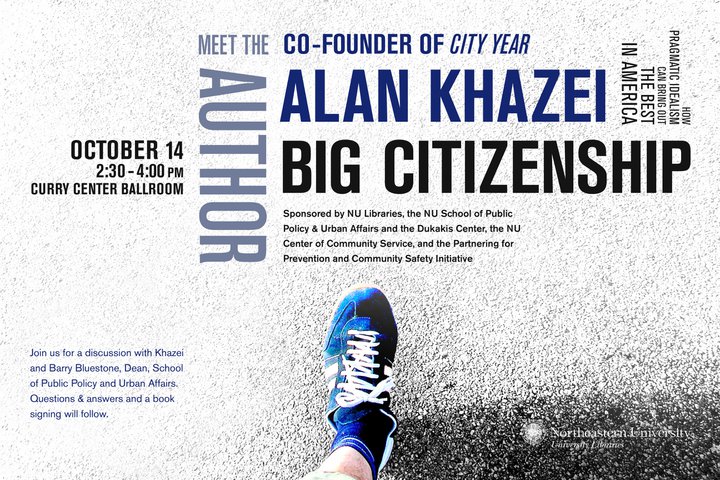Parents Weekend Author Talk Coming Up
To some, Parents’ Weekend is a drag… back to that restricted “my-parents-are-watching” mentality. To others, it’s a relief to have some quality family time again, to take away some of the homesickness. Regardless of if you’re happy about it or not, parents are coming in force this weekend and Northeastern has set up some awesome events, like Howie Mandel, to keep you entertained. If your folks can’t make it, you are in luck because you can still enjoy everything Northeastern has to offer this weekend!
Snell Library will continue a Parents’ Weekend tradition on Saturday at 11am with another talk from our Meet The Author series. Northeastern Professor Roger Abrams talks about his book Sports Justice and how the law interacts with the business of professional sports. I for sure will not be missing this one, it should be a pretty active discussion. Check out the Facebook page for more info.
You can check the full schedule of Parents’ Weekend events in PDF format here.
